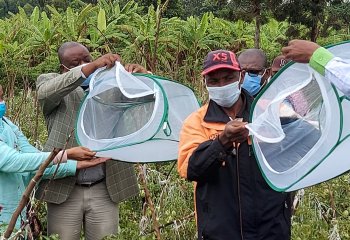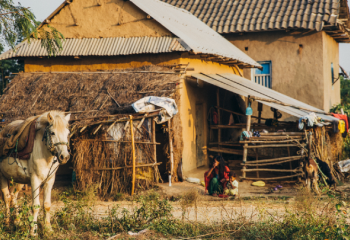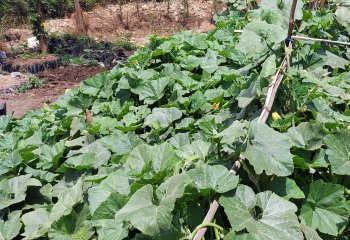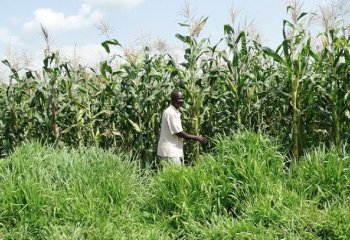Ecological Farming: the Seven Principles of a Food System that has People at its Heart
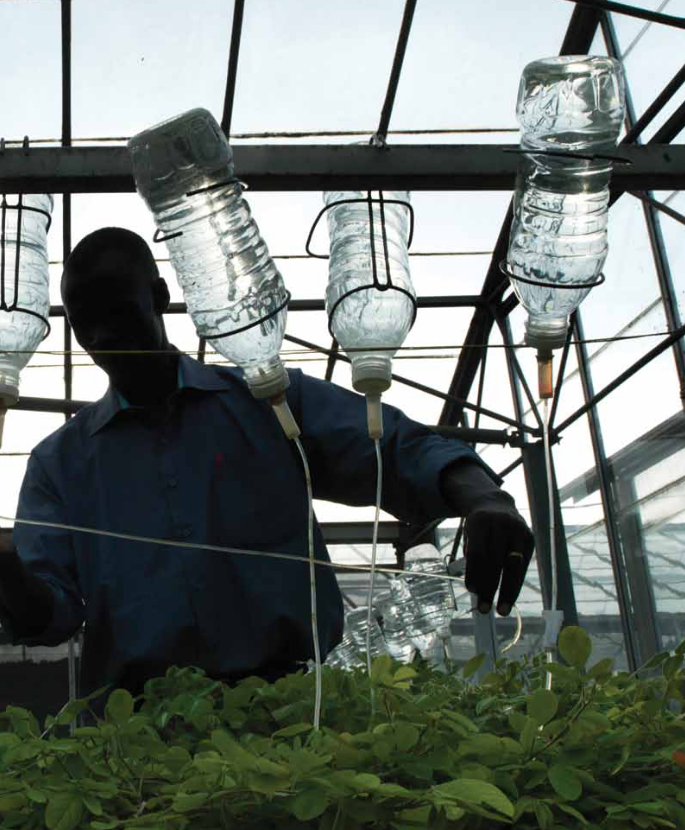
Greenpeace’s Food and Farming Vision explains why Ecological Farming is the solution for a sustainable future and why we need to act now to hasten much-needed systemic change.
It needs no more than a few figures to see something is not right - almost one billion people go to sleep hungry every night. At the same time, the world produces more than enough food to feed all seven billion of us. Around one billion people are overweight or obese. A staggering 30% of the world’s food is wasted. Our problem today is not one of producing more food, but producing food where it is most needed and in a way that respects nature. The current industrial agriculture system fails to deliver this.
Meanwhile, the planet is suffering considerably. We are over-exploiting resources and reducing soil fertility, biodiversity, and water quality. Toxic substances are accumulating in our surroundings. Levels of waste are growing. And all this is occurring in the context of climate change and increased pressure on the Earth’s diminishing resources.

